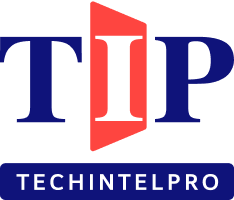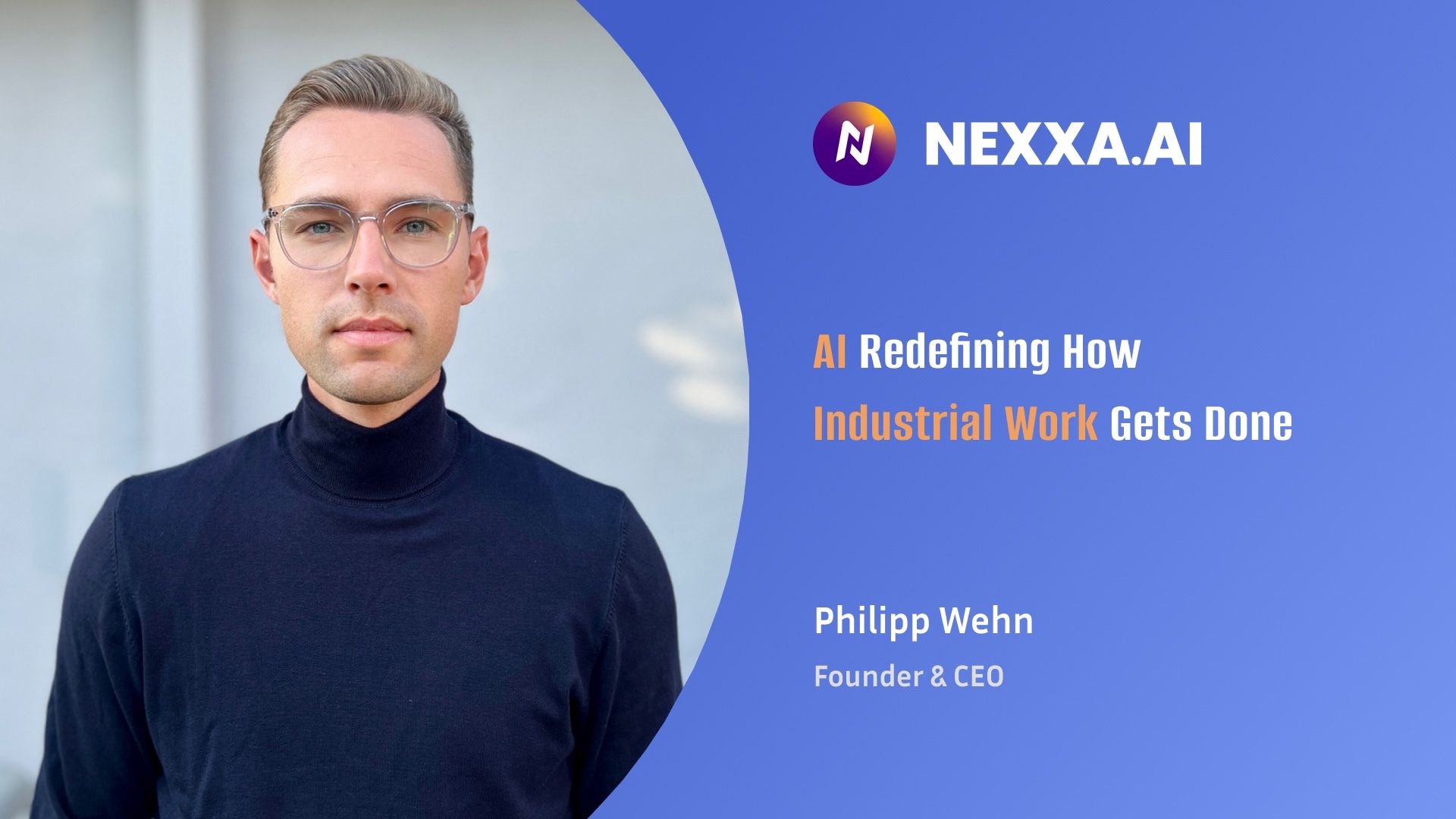

AI and engineers: the ultimate industrial duo.
In this conversation, Philipp Wehn, Founder & CEO of Nexxa.ai, covers the role of AI in industrial workflows, its integration with existing tools, the balance between automation and human oversight, and the potential for AI to reshape efficiency, safety, and productivity in sectors like construction, railroads, and mining.
From a young age, I’ve been driven by the dream of becoming a tech entrepreneur. Over the course of my career, I’ve had the privilege of working alongside some of the most brilliant minds in the industrial engineering industry. Many of them were held back by outdated, fragmented tech stacks where they wasted countless hours on manual, repetitive tasks instead of focusing their talents on solving higher-impact problems. Our mission is to change that. We’re building technology that eliminates the mundane, empowering engineers to become superhuman by giving them back their time and focus.
Our AI agents seamlessly layer intelligence over existing tech stacks, bridging the gaps in fragmented and outdated systems. Designed to integrate directly into a customer’s current workflows and tools, these specialized systems require no overhaul of existing infrastructure. When APIs aren’t available, we train computer vision models to interact with the system’s user interface, enabling smart automation without disruption.
Humans are always in the loop. Our AI does not autonomously design or make decisions, but it handles the repetitive, time-consuming tasks, allowing industrial engineers to focus on high-value work. The engineer remains fully in control and is responsible for reviewing and approving all AI-assisted outputs before anything reaches production or customers.
I’m very impressed by the mindset of industrial players embracing AI. These organizations build and maintain the critical systems our society depends on, so their tolerance for risk and experimentation is understandably limited. Despite that, many are recognizing the significant value AI can bring, particularly in enhancing software tools that empower engineers to work more efficiently.
Once the AI is integrated and operational, it continues to deliver value with minimal disruption. Industrial companies don’t need to transform into software companies to adopt this technology. With the right training and reinforcement learning, they can harness the power of AI in a manageable, scalable way that gives their teams these advanced capabilities without the burden of mundane, time-consuming tasks.
While there are major competitors with deep resources, many of them require large, upfront contracts. Industrial companies are hesitant to commit without clear, proven ROI, especially given the sensitive nature of their operations. Our approach is different. We partner with companies at the early stages of their AI journey, delivering immediate, practical value. As our solutions prove themselves, we grow alongside our customers, expanding adoption organically as trust and impact build over time.
Our AI should be thought of as Iron Man’s assistant. Industrial engineers work together with AI, but focus on solving hard problems that are not rule-based or repetitive.
Absolutely. We are working on artificial superintelligence for heavy industry. My vision is that our AI will be the backbone of any mega infrastructure project.
Philipp Wehn is the founder and CEO of Nexxa.ai, a Silicon Valley-based startup building specialized AI agents for industrial systems. Recognized in Germany’s Top 40 Under 40, he brings nearly a decade of experience across automotive, rail, and real estate sectors. Prior to Nexxa, he led global go-to-market efforts at Siemens. Shortly after launching Nexxa, he raised a $4.4M pre-seed round led by a16z Speedrun (Badge 5) to accelerate Nexxa’s mission of AI-powered industrial transformation.
Nexxa.ai is a startup delivering specialized AI to heavy project industries. Headquartered in Sunnyvale, CA, Nexxa is shaping the emerging field of Agent Augmented Engineering. The company is backed by Andreesen Horowitz and other top-tier investors.
To learn more or request a demo, visit www.nexxa.ai.